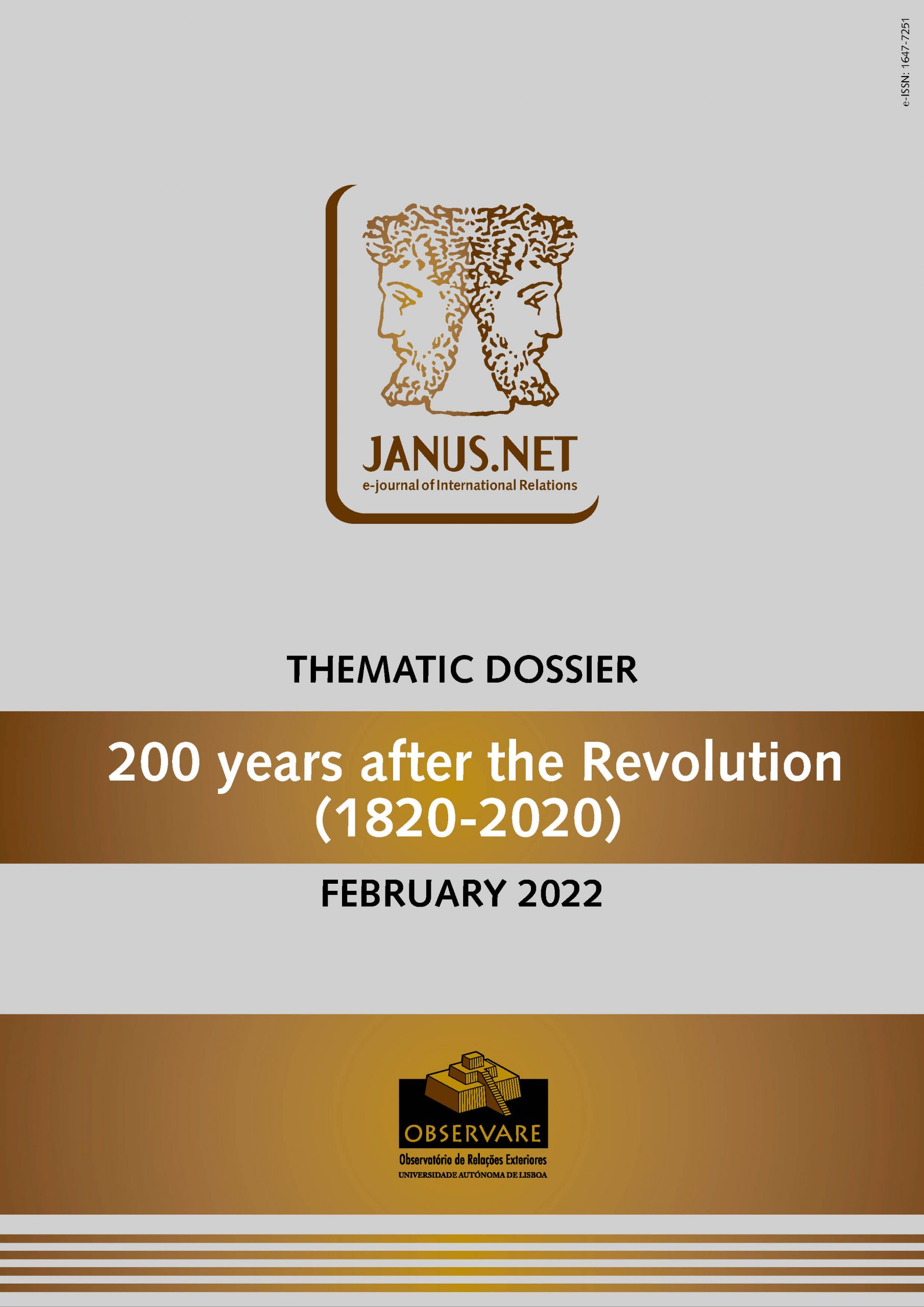From the analysis of the information contained in the Records of the Devassas da Conjuração Baiana (judicial proceeding filed by the Portuguese crown) of 1798, in the punitive logic of local power and metropolitan authorities, it is clear that the circumscription of the social bases of the event resulted from a social cleavage intended to maintain the order in Portugal and overseas at the end of the 18th century. On the one hand, four free men, poor and pardos, were exemplarily punished, reinforcing the strength and intrinsic superiority of Portuguese absolutism when questioned. On the other hand, to continue governing, the Portuguese crown needed to negotiate with broad sectors of that society, recognizing the legitimacy of the political exercise and the struggle for the rights of those men. However, the transition from legal pluralism to legal modernity in the Portuguese Ancien Régime was only possible because the hierarchy inherent to slavery was not questioned.
THE CRIME OF HIGH TREASON LESE-MAJESTY (PRIMEIRA CABEÇA) IN CONJURAÇÃO BAIANA (BAHIA’S CONSPIRACY) OF 1798: CONTINUITY IN LEGAL MODERNITY
She obtained her Ph.D. in Economic History from the University of São Paulo (USP), in 2013. She conducted two research internships at post-doctoral level in 2014 and 2019 at the Federal University of Bahia (UFBA) and at the Federal University of the State of São Paulo (UNIFESP), respectively. Since 2015, she has been an associate professor at the Department of History and at the Graduate Programme in History of UFBA (Brazil). Since August 2021, she has been a member of the Department of History and of the Graduate Programme in History at the Federal University of Ouro Preto (UFOP) under a technical cooperation regime. In 2018, she published the book by EDUFBA “Corporação dos enteados: tensão, contestação e negociação política na Conjuração Baiana de 1798", first degree crime of lese majesty. Since then, she has published articles on the Court of Appeal of Bahia and the criminal legal culture in the investigations of the disputes that preceded the struggles for political independence in Brazil, which took place in 1822.
Resumo
A partir das análises das informações dos Autos das Devassas da Conjuração Baiana de 1798, percebe-se que, na lógica punitiva do poder local e das autoridades metropolitanas, a circunscrição das bases sociais do evento decorreu de uma clivagem social com vistas à manutenção de uma certa ordem cara, no aquém e no além-mar, à conjuntura do final do século XVIII. Por um lado, puniu-se exemplarmente quatro homens livres, pobres e pardos, reforçando a força e a superioridade intrínseca do absolutismo português quando questionado. Por outro, para continuar governando, a coroa portuguesa precisou negociar com amplos setores daquela sociedade, reconhecendo a legitimidade do exercício político e a luta por direito daqueles homens. No entanto, a transição do pluralismo jurídico para a modernidade jurídica no Antigo Regime português só foi possível porque hierarquização inerente ao escravismo não foi questionada.
Palavras-chave
Como citar este artigo
Valim, Patrícia (2021). The crime of high treason lese-majesty (Primeira Cabeça) in Conjuração Baiana (Bahia’s conspiracy) of 1798: continuity in legal modernity. Janus.net, e-journal of international relations. Thematic dossier 200 years after the Revolution (1820-2020), December 2021. Consulted [online] in date of the last visit, https://doi.org/10.26619/1647-7251.DT0121.1
Article received on 1 June, 2021 and accepted for publication on 15 September, 2021















